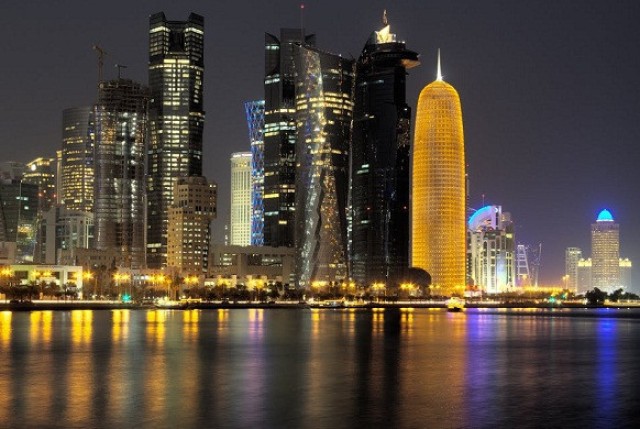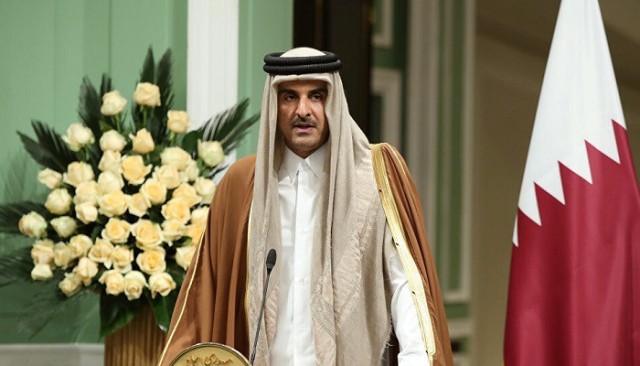The Organizing Committee for the 2022 World Cup in the State of Qatar expected that the World Cup would generate profits estimated at about $9 billion, through tourism spending and economic activities associated with the World Cup, and the expected figure represents about 1% of Qatar's GDP.
According to Arabiya.net, it is difficult to determine the exact cost of the FIFA World Cup, which will start in Qatar today, Sunday. However, some expectations indicate that the Qatar World Cup will be the most expensive since the start of the World Cup in 1930.
And amid estimates that the cost may be equal to what was spent on 21 previous championships combined, according to the American Front Office Sports, which specializes in the field of sports financial consulting.
The cost of the World Cup in Qatar this year may exceed $220 billion, which is higher than initial estimates of $65 billion when Qatar was chosen to host the World Cup in 2010.
The discrepancy in estimating the total cost is due to the fact that the majority of the money spent since 2010 was to build infrastructure such as a new metro network in Doha, an international airport, new roads, as well as the construction of about 100 new hotels and leisure facilities. The largest part of these investments comes within the framework of implementing the Qatar National Vision 2030 project.
In addition to the old stadium, 7 new stadiums were built to host World Cup matches, at a cost of $6.5 billion.
It is noteworthy that the World Cup in Brazil in 2014 was considered the most expensive at 15.5 billion dollars, while the World Cup in Russia in 2018 ranked second at a cost of 11.4 billion dollars.
Unprofitable football investments were problematic for the countries that hosted the World Cup tournaments, and Qatar will work to keep three of the stadiums, while the remaining five stadiums will be dismantled or reconverted for alternative purposes.
Kieran Maguire, a football finance expert at the University of Liverpool, believes that Qatar will use these facilities and football stadiums to obtain the right to host European championships, such as the Champions League final and the European League.










































